How to Create a Business Plan for a Multi-State Cooperative Society
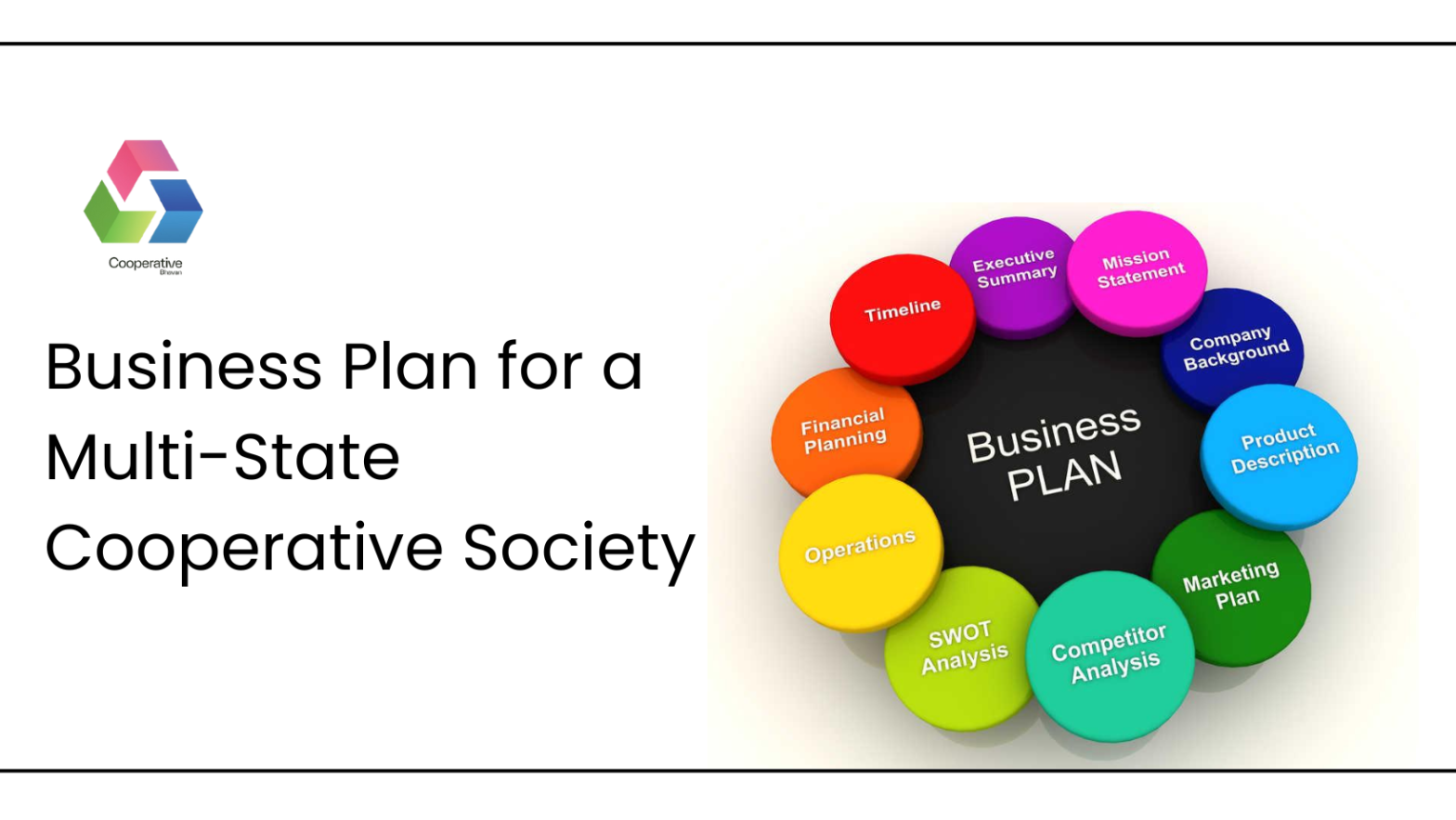
If you’re thinking about starting a Multi-State Cooperative Society in India—especially from a place like Kerala—you’re likely motivated by more than just profit. You’re probably someone who wants to build something that lasts, supports a community, and opens doors for many people across states. Whether your vision is a farmer collective, an agri-tech platform, a rural healthcare network, or even a cooperative bank, one thing is certain: you need a strong, clear, and compliant business plan.
And yet, most new promoters struggle with the same question:
How do I create a business plan that gets my Multi-State Cooperative Society approved—especially by the Central Registrar in Delhi?
In this article, we’ll walk through the practical steps to build a compelling business plan, with a special focus on Kerala-based promoters, Cooperative Bhavan, and how MSCS consulting firms help you navigate the complex path of multi-state society registration in India.
Why a Business Plan is Crucial for Multi-State Cooperative Registration
Unlike a private limited company or LLP, a multi-state cooperative society must demonstrate social impact, long-term sustainability, and inter-state relevance. A proper business plan becomes the foundation of your registration file, reviewed in detail by the Ministry of Cooperation, especially when applying through the Central Registrar of Cooperative Societies (CRCS).
Without a well-written plan, your application might be delayed or rejected.
At Cooperative Bhavan, one of Kerala’s leading advisory hubs for cooperative development, we’ve seen dozens of clients who had strong ideas but poor documentation. A business plan is not just a formality—it’s your proof of vision, viability, and scalability.
Step-by-Step Guide to Create a Business Plan for a Multi-State Cooperative Society
1. Define Your Vision and Objectives Clearly
Your business plan should start by answering:
- What is your core purpose?
- Why is a cooperative model suitable for your mission?
- How will you serve members across multiple states?
For example, if you’re setting up an organic farmers’ cooperative, clarify how you’ll aggregate farmers from Kerala and Tamil Nadu, standardize processes, and ensure fair pricing for all.
✅ Pro Tip: Use local language during team brainstorming, but keep the final draft in simple, formal English. This keeps it clear and professional for Central Registrar officials.
2. Describe Your Products or Services
This is the meat of your business. Explain:
- What exactly are you offering?
- Who are your end customers (not just members)?
- What’s the unique value your cooperative adds?
3. Membership Plan: Who Can Join and How?
For registration, you need a minimum of 50 individual members from at least two states. Your business plan should include:
- Membership eligibility criteria
- Rights and responsibilities
- Member benefits and contribution structure
- Expected growth in member base over 3–5 years
4. Market Analysis: Prove the Need
Use government reports, local statistics, or primary surveys to:
- Demonstrate demand for your products/services
- Identify gaps in the current market
- Highlight your competitive edge (e.g., cooperatives are more inclusive and democratic than private entities)
Use Indian examples. If you’re in the healthcare sector, show how your cooperative fills a rural gap—say, mobile diagnostic vans in Wayanad and Idukki, supported by cooperative financing.
5. Operations Plan: How Will It Work Daily?
This section outlines how your cooperative will function:
- Office locations (with mention of your registered office in Kerala and branch office in other states)
- Staff structure and roles
- Service delivery mechanisms
- Technology or platforms used
Note: If you’re building a digital-first cooperative (like in edtech or rural fintech), highlight tools like ERP systems or cooperative banking software.
6. Financial Plan: The Most Scrutinized Section
This part requires attention to detail. Include:
- Start-up capital and funding sources
- Income projections (realistic, not inflated)
- Cost structures (admin, tech, marketing, logistics)
- Break-even analysis
- Five-year projections
The Central Registrar often rejects applications with vague or inflated numbers. Work with an accountant or a multi-state consulting firm in India to prepare realistic, audit-worthy estimates.
7. Legal and Compliance Details
Make sure your plan addresses:
- Society’s act compliance (as per MSCS Act, 2002 & 2025)
- Member share structure
- Bye-laws and governance practices
- Conflict resolution mechanisms
- Licensing or sectoral regulations (e.g., FSSAI, AYUSH, NABARD loans, etc.)
This shows regulators that you understand the legal ecosystem and are prepared to operate responsibly.
8. Expansion Strategy: From Local to Multi-State
Describe how you’ll:
- Onboard new members from additional states
- Scale operations beyond Kerala
- Build partnerships with other cooperatives or government schemes
- Tap into central subsidies and support
Show you have a pan-India outlook—even if you’re starting small.
Common Mistakes to Avoid
- Using copied or templated plans (Registrars can detect this!)
- Missing member details from other states
- Unrealistic revenue expectations
- Lack of market validation
- Incomplete financials
That’s why many entrepreneurs now turn to MSCS project builders in Kerala, such as Cooperative Bhavan, to craft professional, compliant business plans tailored to their vision.
Role of Cooperative Bhavan in Multi-State Society Registration
Located in Kochi, Cooperative Bhavan has become a trusted name for entrepreneurs and social leaders building cooperative ventures. Our role includes:
- End-to-end guidance for multi-state cooperative society registration in Kerala
- Professional business plan drafting
- Legal documentation and bylaws
- Liaisoning with Central Registrar in Delhi
- Post-registration support (audit, compliance, branding)
With over 75+ successful MSCS projects completed across agriculture, finance, healthcare, and digital sectors—we understand what works and what gets approvals.
Have a dream project in mind? Let us help you take it from idea to registration to operation.
Final Thoughts: A Business Plan is More Than a Document
Creating a cooperative isn’t just a legal step—it’s a movement. Whether you’re a young entrepreneur in Kozhikode or a retired banker in Thrissur looking to serve rural women, your business plan is the seed of your cooperative vision.
Start it with honesty, ground it in reality, and let professionals shape it to meet regulatory standards.
With the right guidance, your cooperative can become a multi-state success story—and a legacy of impact.
Need Help With Your MSCS Business Plan?
If you’re based in Kerala or anywhere in India and planning to register a multi-state cooperative society, reach out to the expert consultants at Cooperative Bhavan. We help you:
- Draft your business plan
- Register under the MSCS Act
Build a scalable, compliant cooperative







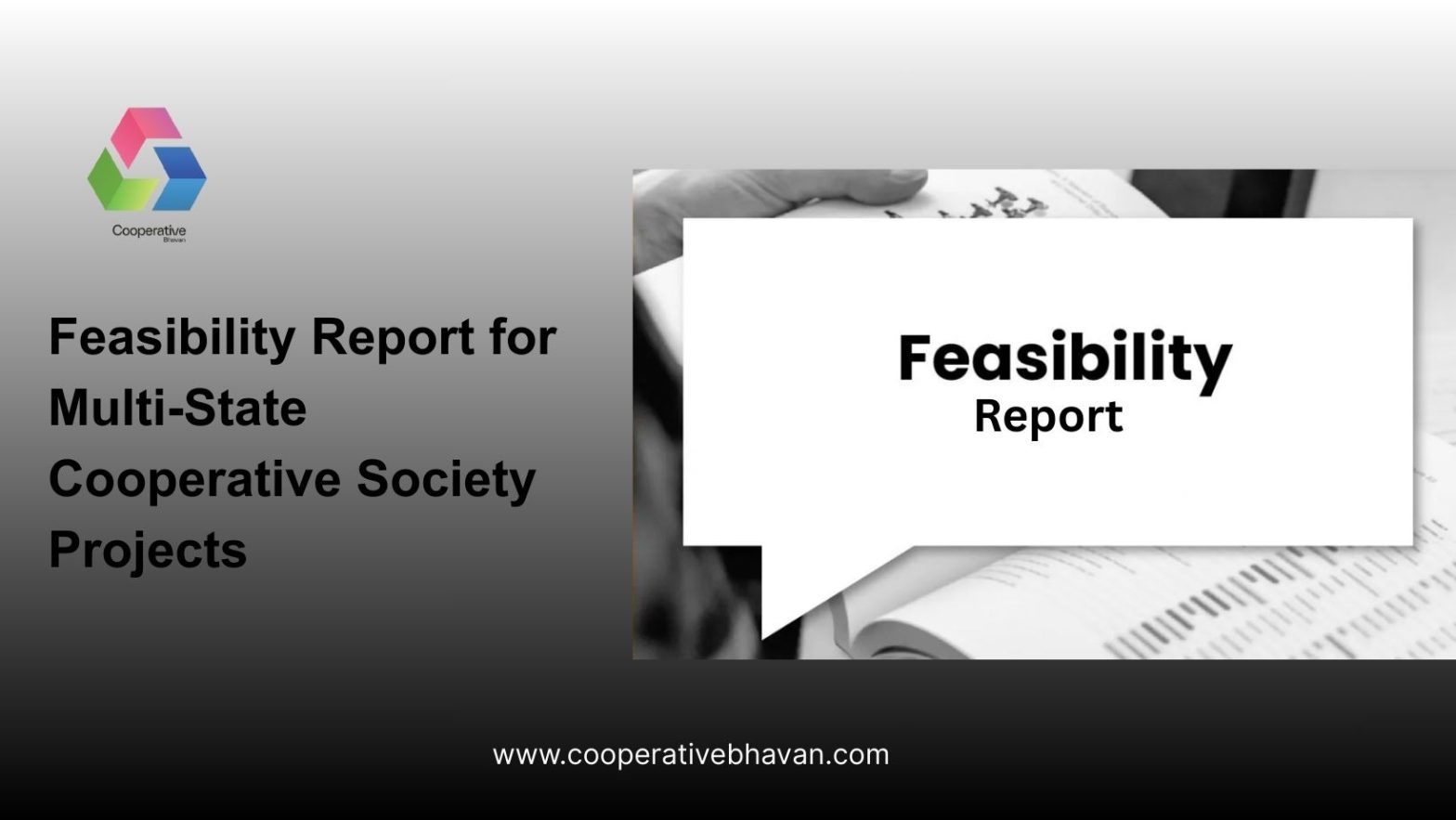
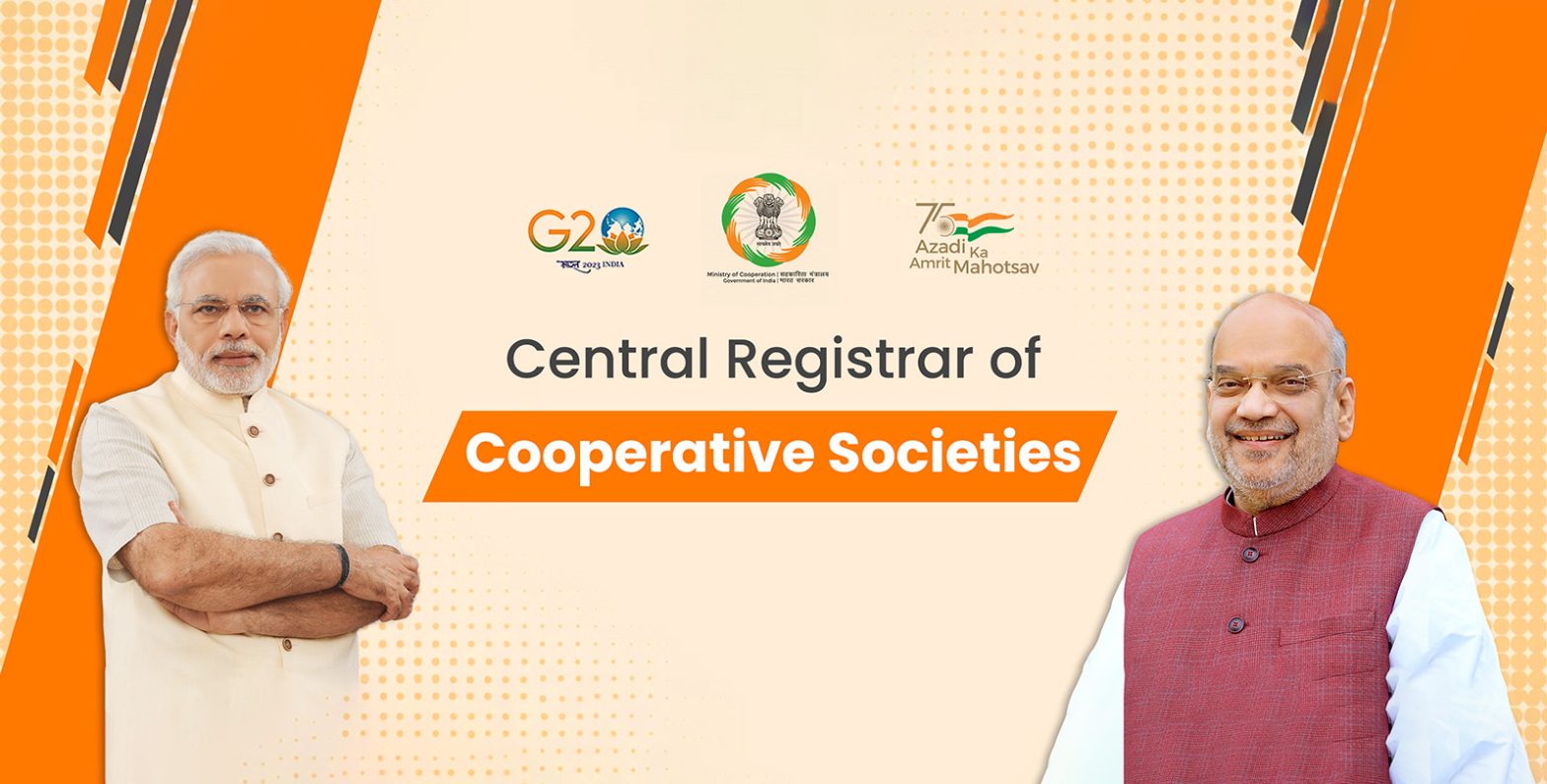




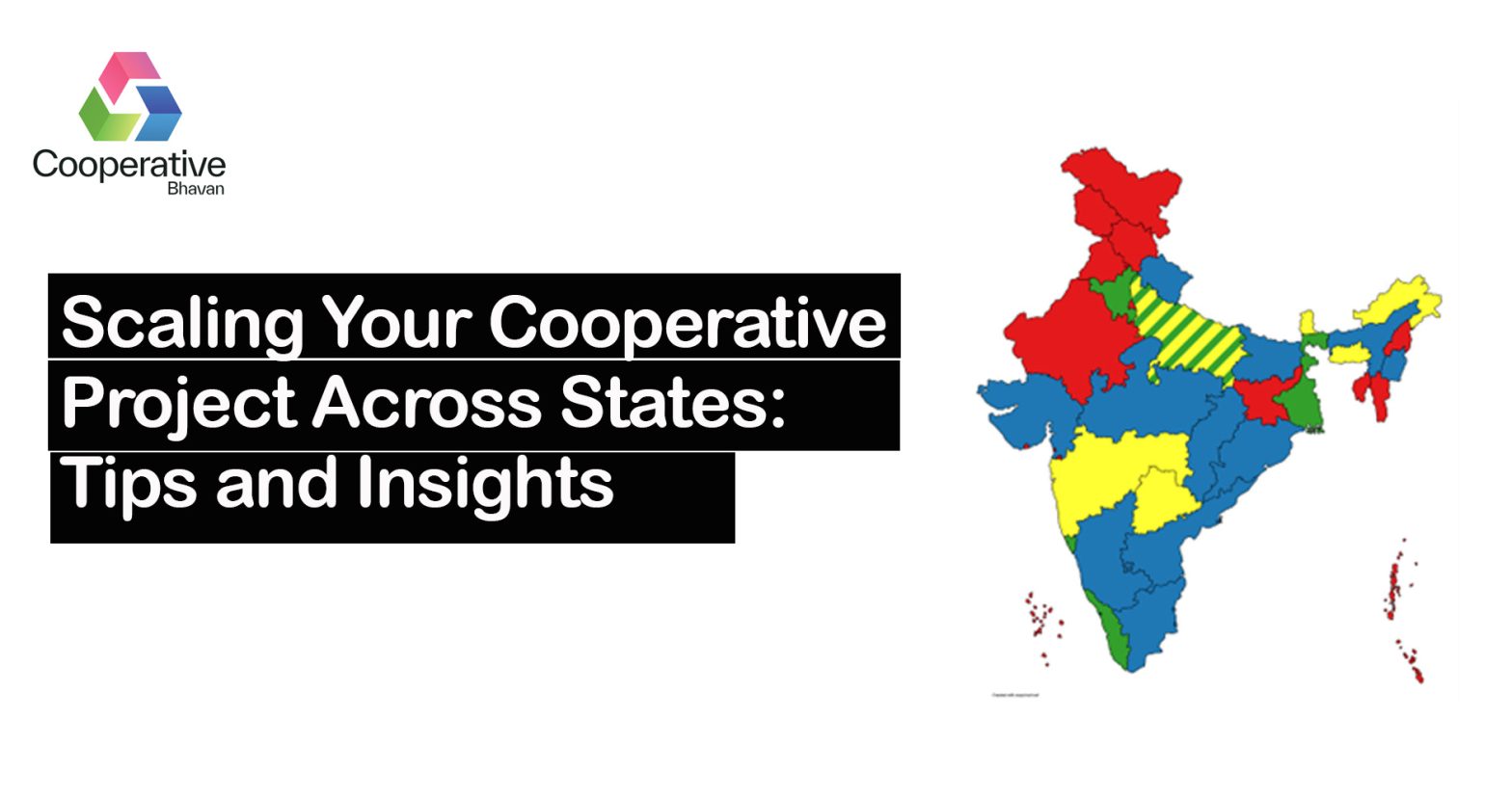
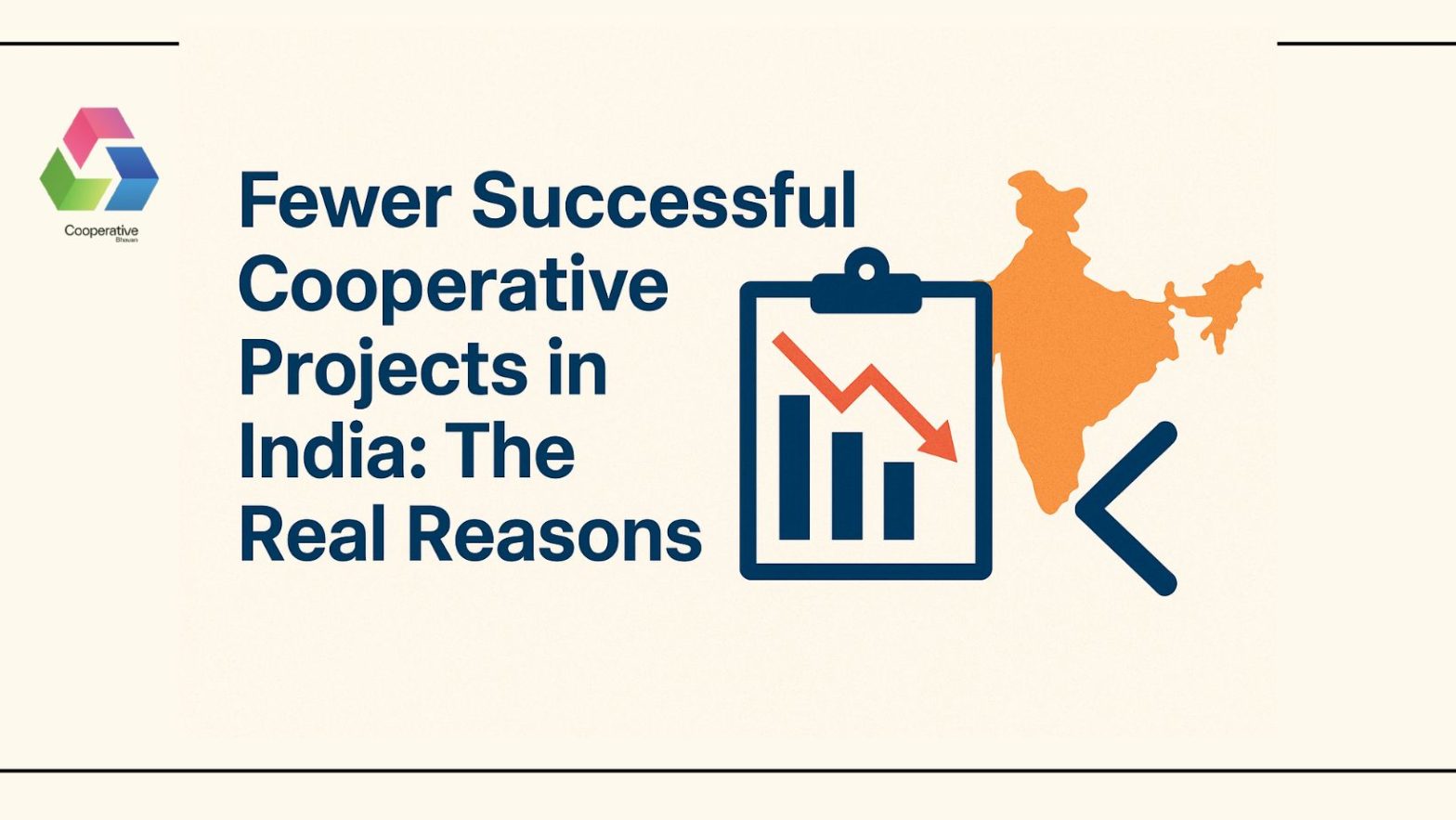


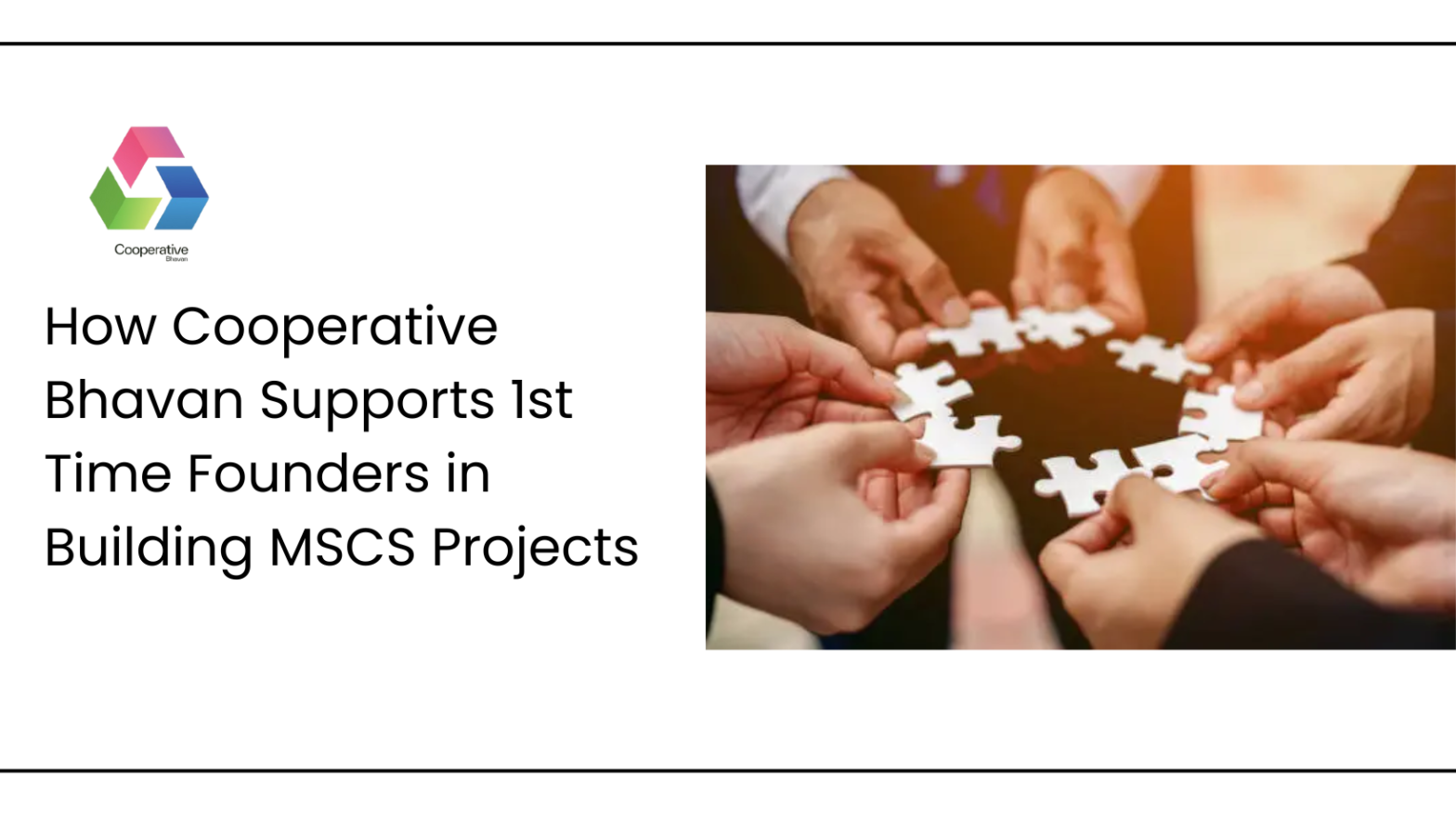





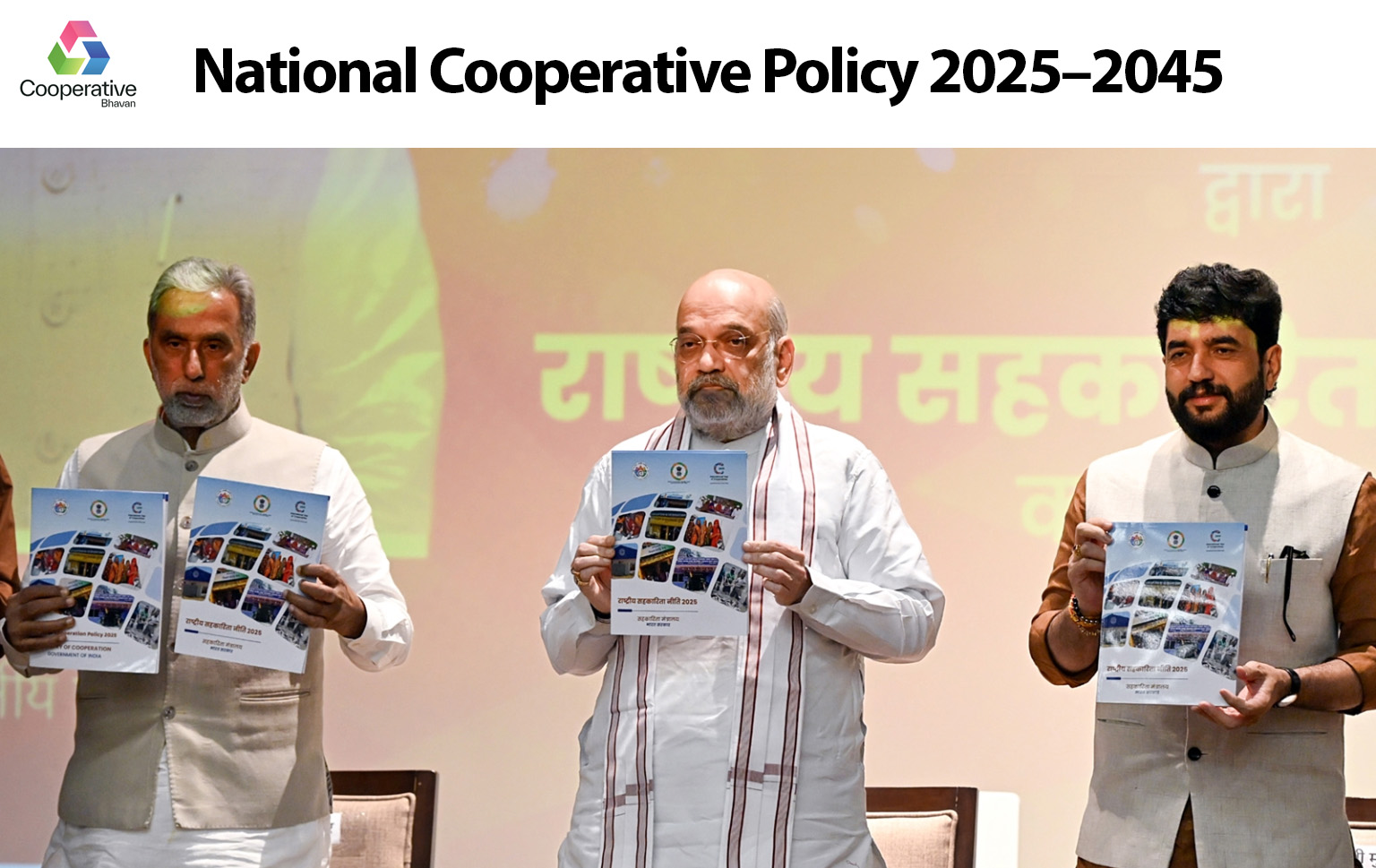


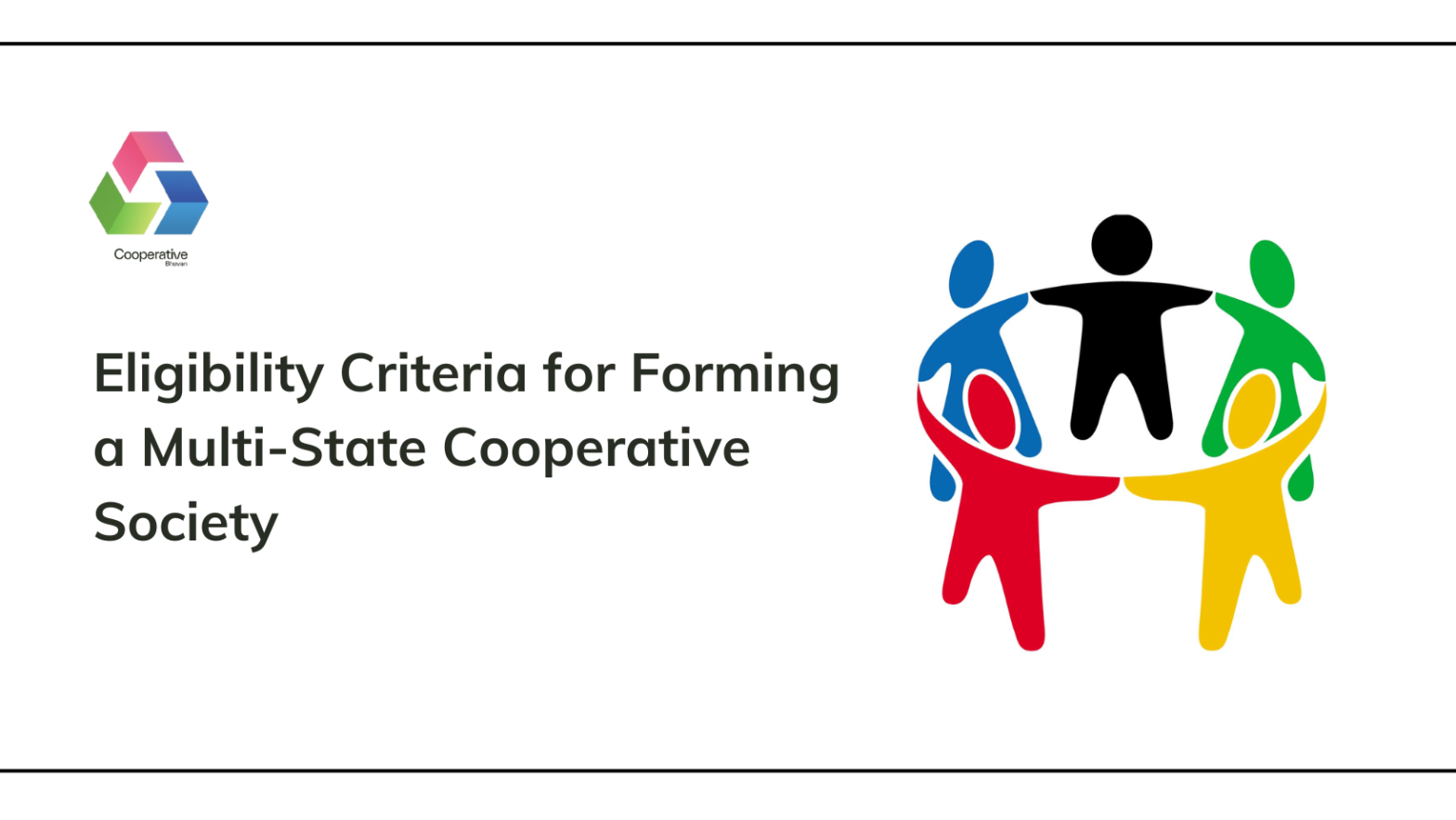
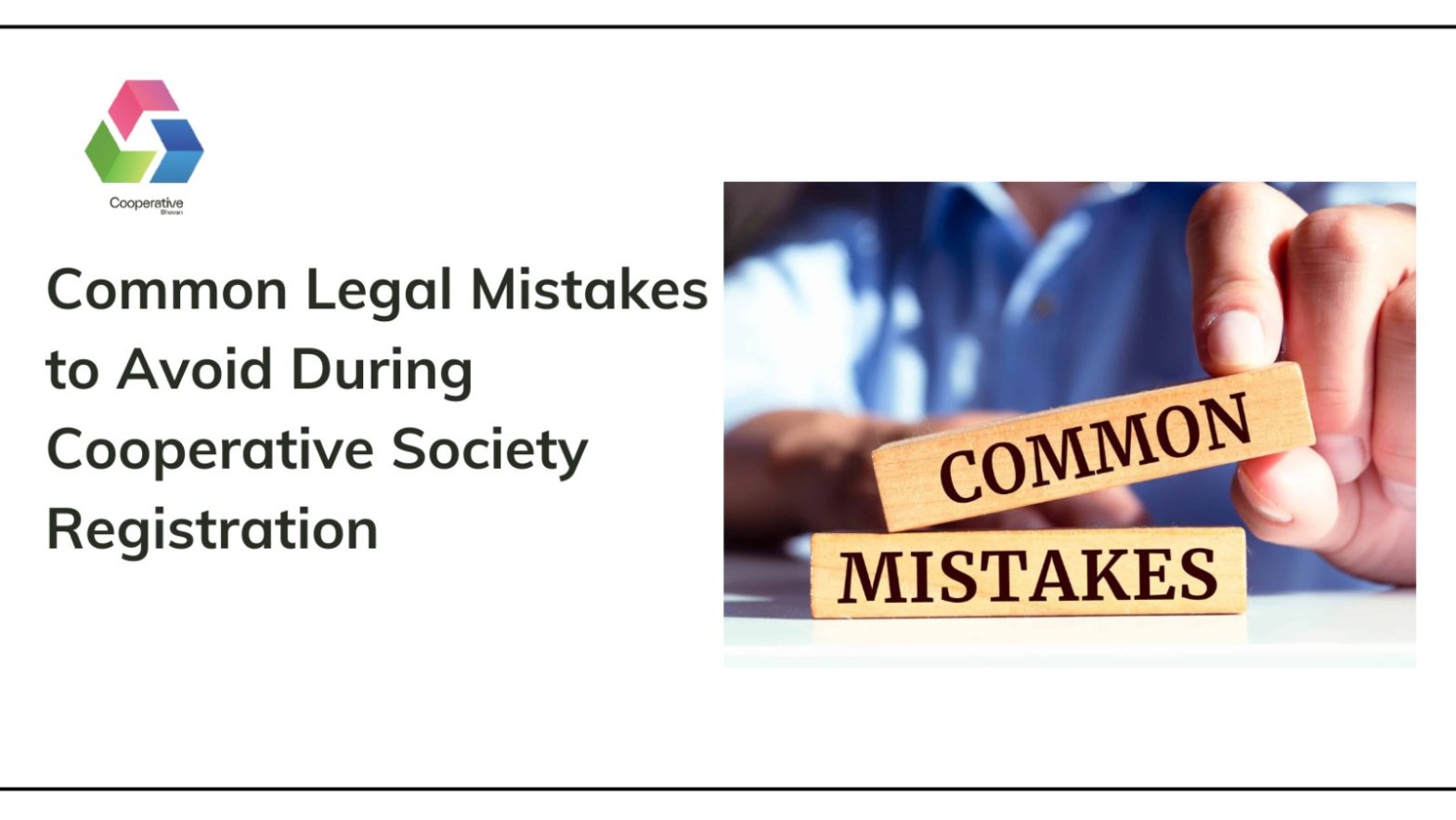






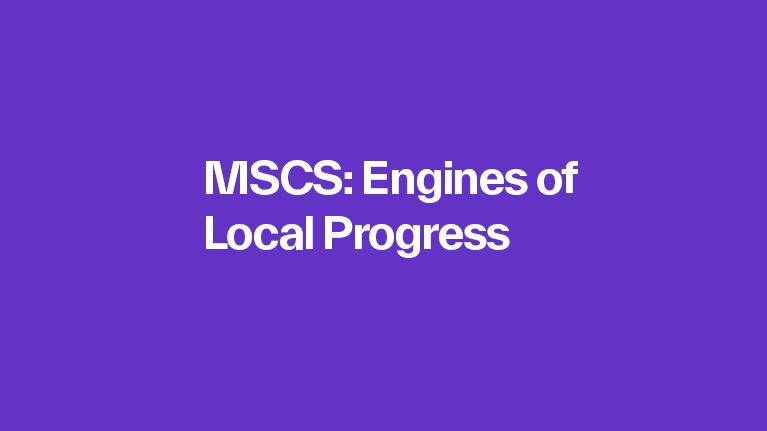




 Mail
Mail  Booking
Booking
 Call
Call